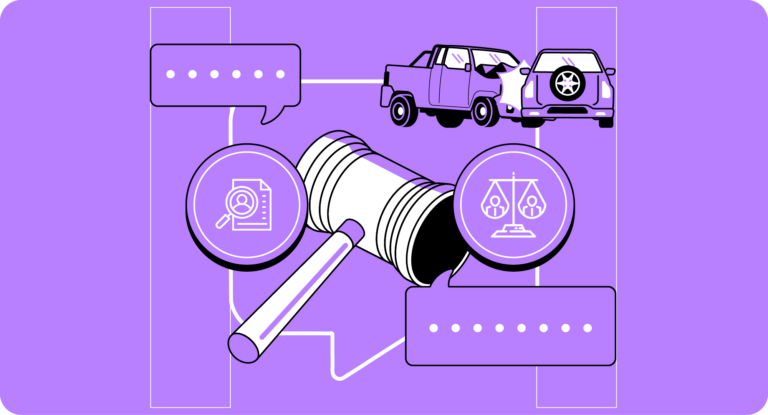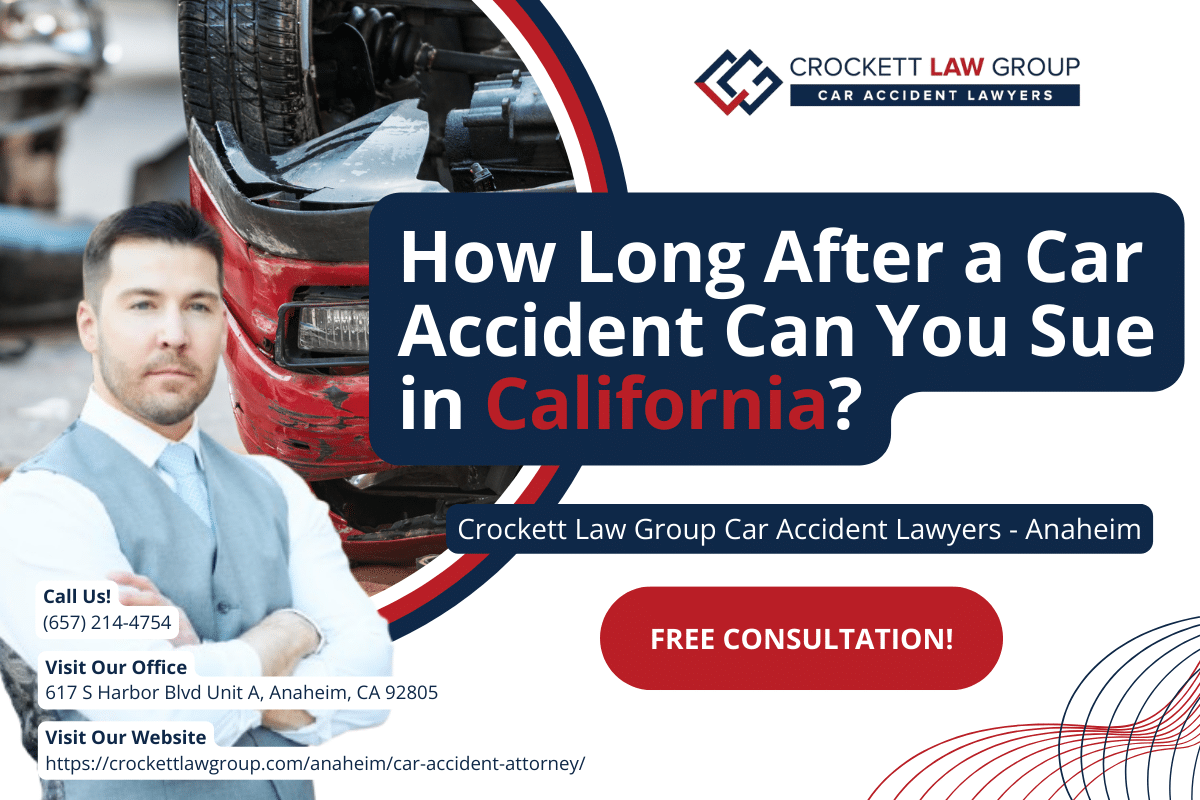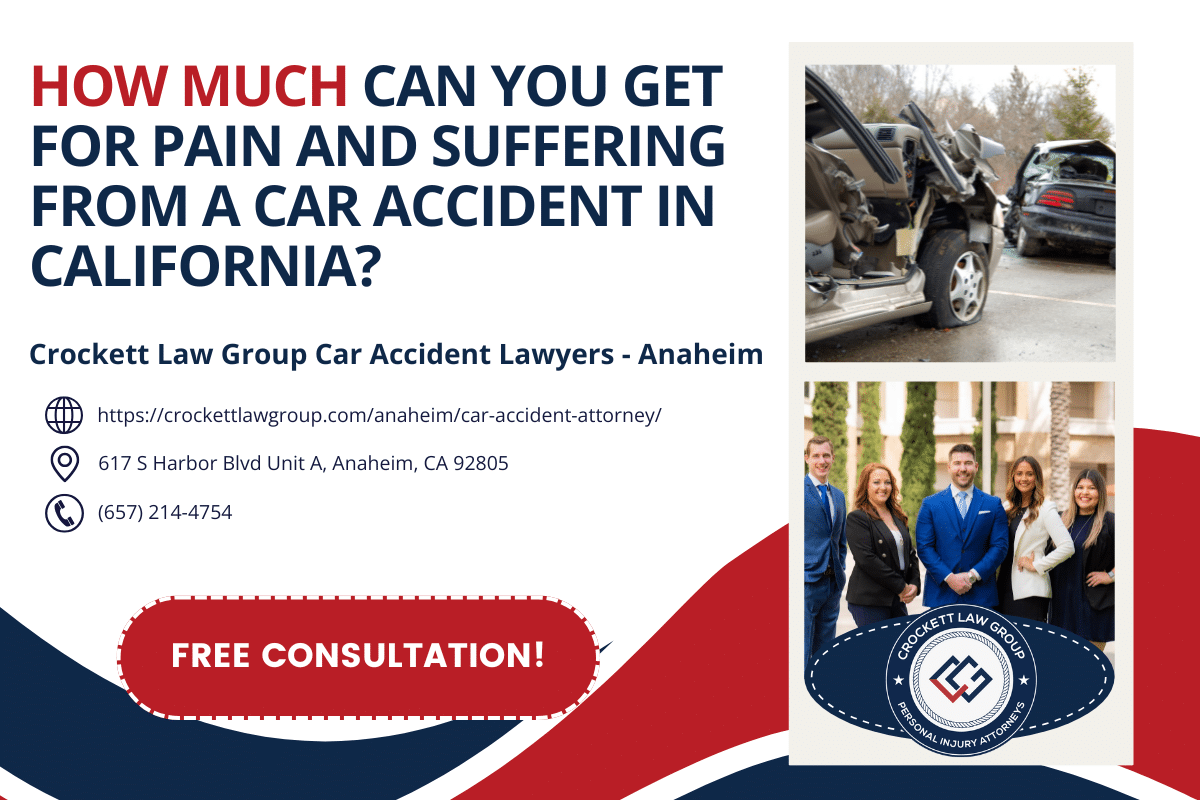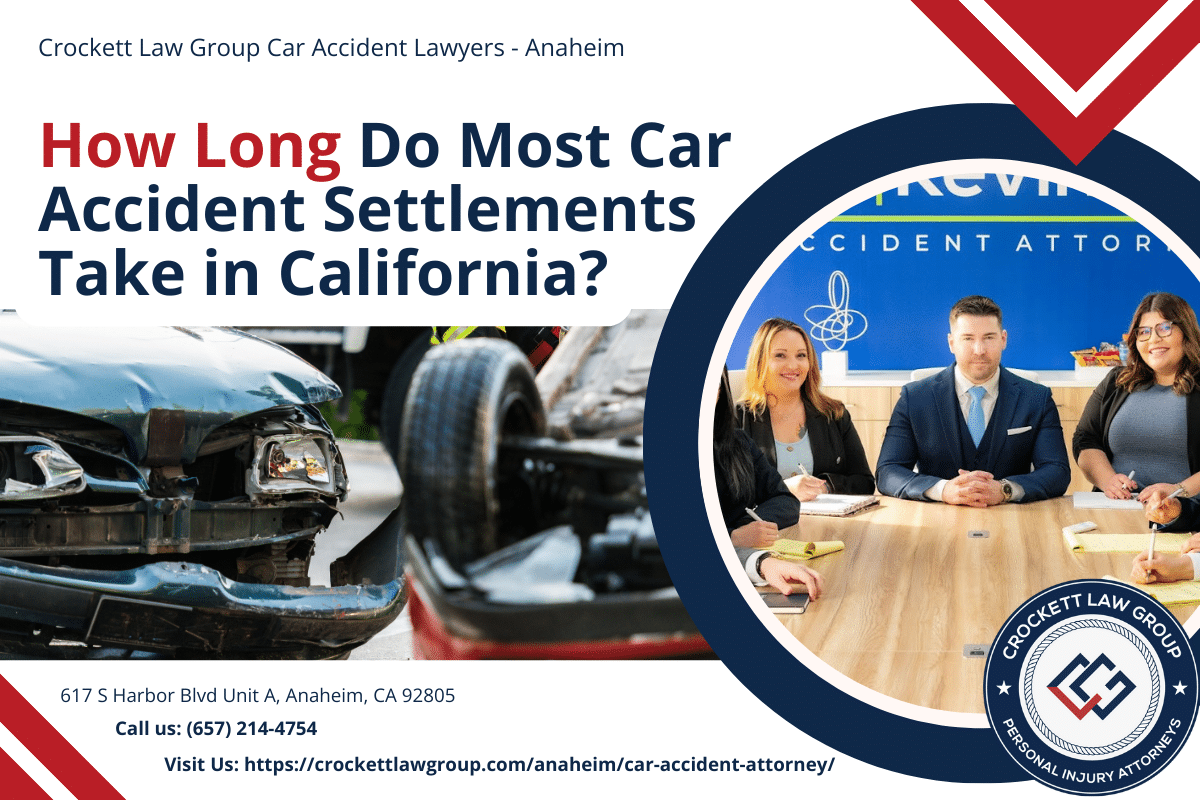When your car is declared a “total loss,” understanding the implications is crucial. This term signifies that your vehicle’s repair costs exceed its value, making it financially impractical to fix.
This guide delves into what it means to have a totaled car, guiding you through the nuances of insurance evaluations and emphasizing the importance of knowing your rights and the initial steps to undertake.
Factoid About Vehicular Collisions
| Statistic | Value |
|---|---|
| Fatal Car Accidents (2020) | 35,766 |
| Impaired Driving Fatalities | 13,695 (35% of all fatal accidents) |
| Speeding Fatalities | 11,258 (29% of deadly accidents) |
| Seatbelt Non-usage in Fatal Accidents | 46% of drivers |
| Nighttime Fatal Accidents | 35% |
| Deadliest Day (Independence Day) | 134 average annual collisions |
| Minor Fatalities (under 20) | 11% |
| Male vs. Female Fatalities (2020) | 28,033 males vs. 10,690 females |
| Most Dangerous State (DUI) | Montana |
| Most Dangerous Vehicle Type | Passenger cars |
An Overview on Vehicle Total Loss
When your car is declared a “total loss,” it’s crucial to grasp what this means and the implications for you. This section helps you understand the term “totaled” and guides you through the initial steps after such a declaration, emphasizing your rights and possible actions.
Definition of a Totaled Car
A totaled car is one where repair costs exceed its value. Insurance companies use this term when it’s financially impractical to fix the vehicle.
If repairs cost more than the car’s worth, it’s considered totaled. This definition is vital for insurance claims and decisions you’ll face.
How Insurance Companies Determine a Car is Totaled
Insurance companies use a specific percentage to decide if a car is totaled. This percentage compares the repair cost to the car’s actual cash value.
If repair expenses reach or exceed this set percentage of the car’s value, the vehicle is deemed a total loss. Understanding this process is crucial for any insurance claim discussions.
The Impact of a Car Being Declared a Total Loss
Being told your car is totaled affects your daily life and financial situation. It means you need to think about replacing your vehicle and dealing with insurance claims.
This situation can be stressful, but knowing the impact helps you prepare for the steps ahead. It’s a pivotal moment in the insurance process.
Initial Steps to Take When Your Car is Totaled
Dealing with a totaled car can be an overwhelming experience, but taking the right steps immediately following the accident can significantly influence the outcome of your insurance claim. Here’s a numbered guide to help you through the initial process:
- Safety First
- Report the Accident
- Document Everything
- Notify Your Insurance Company
- Gather Documentation
By following these steps, you create a strong foundation for your insurance claim, ensuring that the process moves as smoothly and favorably as possible.
Remember, being proactive and organized can make a significant difference in the outcome of your total loss claim.
Understanding Your Rights and Options
You have the right to understand how your insurance company determined your car’s status.
If you disagree with their valuation, you can contest it. Being informed about your policy details and rights is essential. This knowledge empowers you to make decisions that best suit your situation.
Establishing Liability in a Total Loss Accident
Determining who is at fault in a total loss accident is a critical step in the process of seeking compensation or deciding to file a lawsuit.
This section explores how liability is established, the role of various factors in determining fault, and the importance of evidence in substantiating your claim.
Determining Fault in a Car Accident
Fault in a car accident is determined by assessing who was negligent or violated traffic laws.
Insurance companies and legal authorities look at the accident’s circumstances, including driver behavior, road conditions, and vehicle functionality.
Identifying the at-fault party is essential for insurance claims and legal proceedings, as it influences the direction of compensation claims.
The Role of Negligence in Car Accidents
Negligence is a key factor in car accident claims. It refers to any careless action or inaction by a driver that leads to an accident.
Proving negligence involves demonstrating that the other driver owed a duty of care, breached that duty, and caused damage or injury as a result. This legal concept is pivotal in determining liability and the outcome of insurance or legal claims.
How Police Reports Influence Liability Assessment
Police reports play a significant role in liability assessment. They provide an official account of the accident, including details about the involved parties, witness statements, and the officer’s observations.
Insurers and attorneys use these reports to establish a factual basis for determining fault, making them a crucial piece of evidence in the claims process.
The Importance of Gathering Evidence at the Accident Scene
Collecting evidence immediately after an accident is crucial.
Photos of the scene, damage to vehicles, and any relevant road conditions or signage can be invaluable.
Additionally, gathering contact information from witnesses can provide crucial accounts that support your version of events. This evidence can be decisive in establishing fault and securing fair compensation.
Witness Statements and Their Impact on Establishing Fault
Witness statements can significantly influence the determination of fault in an accident. Independent accounts from bystanders or other drivers provide objective perspectives on the incident.
These statements can corroborate your claim, challenge the other party’s narrative, and provide valuable insights into the accident’s dynamics, contributing to a more accurate fault determination.
Legal Options After Your Car is Totaled
After your car is declared a total loss, understanding your legal options is crucial for determining the best course of action.
This section discusses the avenues available to you, including suing the at-fault party, the role of insurance in the process, and how seeking legal assistance can be beneficial.
Suing the At-Fault Party
If someone else’s negligence resulted in your car being totaled, you have the option to sue the responsible party. This legal action can help you recover damages not covered by insurance, such as deductibles, decreased car value, or personal injury.
Suing is a significant decision that requires understanding the legal process, potential outcomes, and whether the at-fault party can pay the damages awarded.
When to Consider Filing a Lawsuit
Filing a lawsuit is a step to consider if the insurance settlement does not fully cover your losses or if the at-fault party’s insurance is inadequate.
Before deciding, evaluate the extent of your damages, the clarity of fault, and the likelihood of a favorable outcome.
Lawsuits can be time-consuming and complex, so it’s essential to weigh the potential benefits against the costs and time involved.
The Role of Insurance in Covering Total Losses
Your insurance policy plays a pivotal role in covering losses from a totaled car.
Depending on your coverage, you may receive compensation for the car’s actual cash value and other related expenses. However, insurance policies have limits and deductibles, influencing the net amount you receive.
Understanding your policy’s specifics is key to maximizing your claim and knowing your additional legal options.
Comparing Insurance Settlement vs. Legal Action
Choosing between accepting an insurance settlement or pursuing legal action involves assessing the adequacy of the settlement against potential gains from a lawsuit.
While settlements offer quicker resolutions and guaranteed compensation, they may not always reflect the full extent of your losses.
Legal action can result in higher compensation but comes with uncertainty and the possibility of prolonged litigation.
How a Lawyer Can Assist in Your Case
A lawyer can provide invaluable assistance in navigating your total loss claim. They can help you understand your legal rights, evaluate settlement offers, and determine if suing is in your best interest.
Lawyers skilled in total loss cases can negotiate with insurance companies, prepare your lawsuit, and advocate on your behalf, ensuring you receive fair compensation for your loss.
Compensation in Total Loss Claims
When your car is totaled in an accident, understanding the compensation you’re entitled to is essential.
This section will guide you through the types of damages recoverable, how compensation is calculated, and the steps to ensure you’re getting a fair deal from the insurance company or through legal action.
Types of Damages Recoverable in a Total Loss Claim
When you find out your car is considered a total loss after an accident, it’s vital to understand what kind of compensation you might be eligible for.
The damages you can recover play a significant role in mitigating the financial impact of the accident.
Below is a detailed breakdown of the types of damages you might expect to recover in a total loss claim:
- Actual Cash Value (ACV) of the Vehicle
- Lost Wages
- Medical Expenses
- Replacement Costs
- Rental Car Fees
Understanding these potential recoverable damages is crucial as you navigate the aftermath of your car being totaled.
It ensures that you are adequately compensated and can help alleviate some of the stress associated with such a significant loss.
How Compensation is Calculated for a Totaled Vehicle
The primary factor in calculating compensation for a totaled vehicle is its actual cash value (ACV) — the vehicle’s value at the time of the accident.
Insurers consider factors like make, model, age, mileage, and condition to determine ACV.
Ensuring this calculation is fair and reflects your vehicle’s true market value is crucial for a just settlement.
Recovering Lost Wages and Medical Expenses
If the accident impacted your ability to work, you might recover lost wages through your claim.
Similarly, compensation should cover medical expenses related to the accident.
Documenting these losses thoroughly will support your claim for these additional costs.
Understanding Depreciation and Actual Cash Value
Depreciation affects the compensation amount for your totaled vehicle.
Cars depreciate over time, so the ACV will likely be less than what you paid.
Understanding how depreciation impacts your car’s value can prepare you for the insurance company’s offer, ensuring you recognize and contest any undervaluation.
Negotiating with Insurance Companies for Fair Compensation
Negotiating with insurance companies is often necessary to secure fair compensation.
If the initial offer seems low, presenting evidence of your car’s higher value or your additional losses can lead to a better settlement.
If negotiations stall, legal support from firms can be crucial in escalating your claim for a fair resolution.
Seek Legal Guidance from Crockett Law Group
If you’re facing the challenges of a totaled vehicle and navigating the complexities of insurance claims, Crockett Law Group are here to assist.
As experienced Santa Ana auto collision attorneys, they provide the guidance and support you need to secure the compensation you deserve.
Call (800) 900-9393 to explore your options with a team that’s committed to your best interests.










